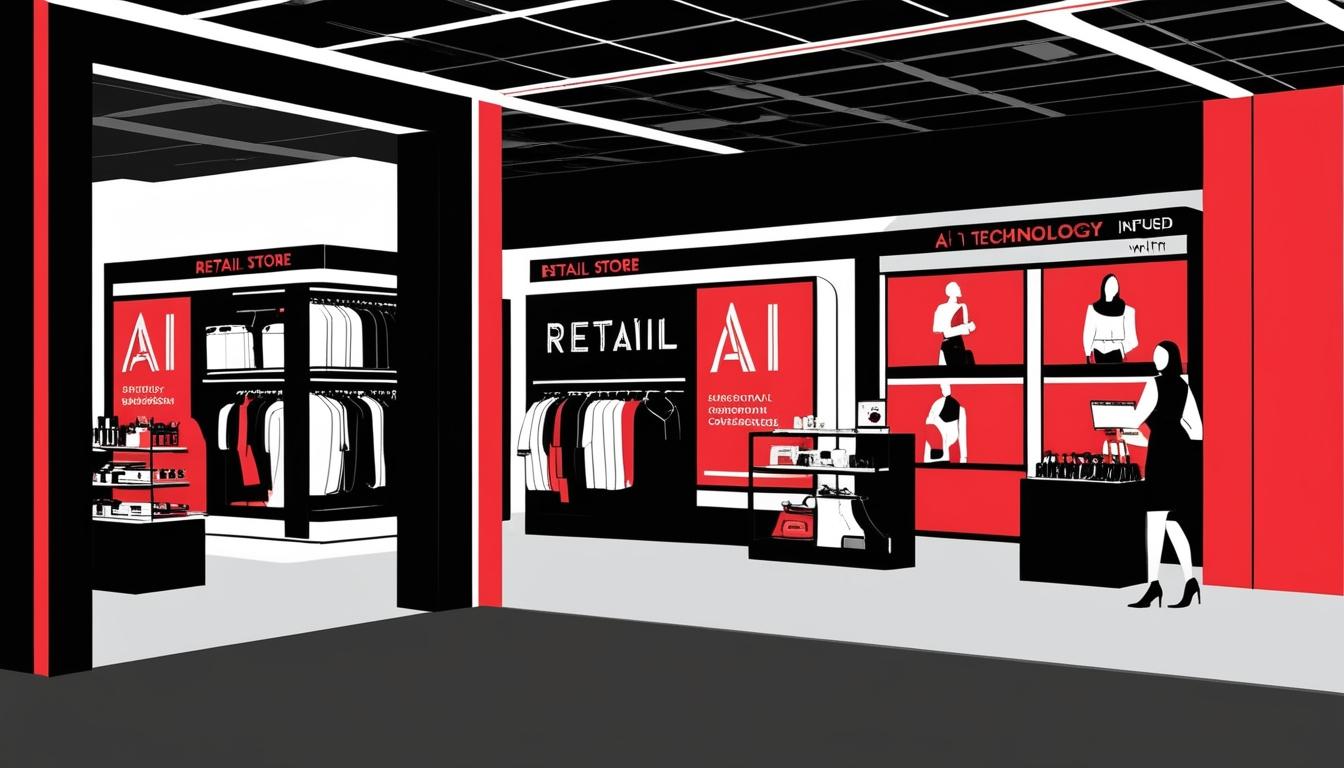In a landscape marked by rapid technological advancements, the retail sector is poised for significant transformation, particularly in the realm of artificial intelligence (AI) automation. Insights into the anticipated developments for 2025 have been shared by leading analysts and practitioners in Retail TouchPoints’ 2025 Trends & Predictions Report. These experts underscore the importance of understanding consumer behaviour and expectations as key to navigating the evolving marketplace.
A crucial focus of the report revolves around the definition of "value," which has been highlighted as a highly nuanced concept. Retailers face the challenge of discerning how various demographic and psychographic factors influence consumer perceptions of value at any given moment. As industry experts note, irrespective of a consumer's economic standing, factors such as impending tax changes and tariffs are likely to elevate cost consciousness, prompting retailers to adopt inventive pricing and promotional strategies.
Key questions raised by the report urge retailers to contemplate their competitive stance in relation to price. With the advent of global marketplaces like Shein and Temu, businesses must assess whether they should engage in price competition or carve out a distinct identity that distinguishes them from these formidable online competitors. Jack Stratten, Director of Insider Trends, articulates this dilemma by suggesting retailers need “clear, laser-focused clarity on your purpose and identity”. He emphasises the potential pitfalls of attempting to match the aggressive pricing strategies of such competitors.
Another point of emphasis is the shift towards "emotional commerce," a concept articulated by Sarah Engel, President of January Digital and January Consulting. This notion combines nostalgia, innovation, and emotional engagement to forge deeper connections between consumers and brands. Engel advocates for a nuanced understanding of consumers' emotional drivers, asserting the necessity for brands to orchestrate engagements that resonate on both physical and digital platforms. The integration of advanced technologies, like augmented reality, is becoming increasingly relevant as brands strive to create immersive experiences that foster consumer loyalty.
As marketing and advertising continue to evolve, discussions around adaptive commerce are gaining momentum. Jeffrey Bustos, VP of Measurement, Addressability & Data for the IAB, notes that retail and media convergence is enabling businesses to offer seamless, personalised experiences. By sharing purchase data and audience insights from connected television (CTV) and streaming platforms, retailers can create a more comprehensive understanding of customer interactions, leading to enhanced campaign performance and consumer engagement.
Central to these shifts is the burgeoning role of AI. Experts predict that 2025 will witness increased prioritisation of AI investments in retail, with many retailers exploring applications that enhance various business functions, including customer service, merchandising, and operational efficiency. Anjee Solanki, National Director of Retail Services & Practice Groups at Colliers U.S., emphasises that AI should act as an enabler of innovation, enhancing human capabilities rather than replacing them.
The Retail TouchPoints report encapsulates a critical juncture for retailers as they navigate the complexities of consumer expectations and the integration of emerging technologies into their business models for 2025 and beyond. As the industry heads into this transformative period, these discussions will serve to inform strategic decision-making and operational adaptations in an ever-evolving retail landscape.
Source: Noah Wire Services
